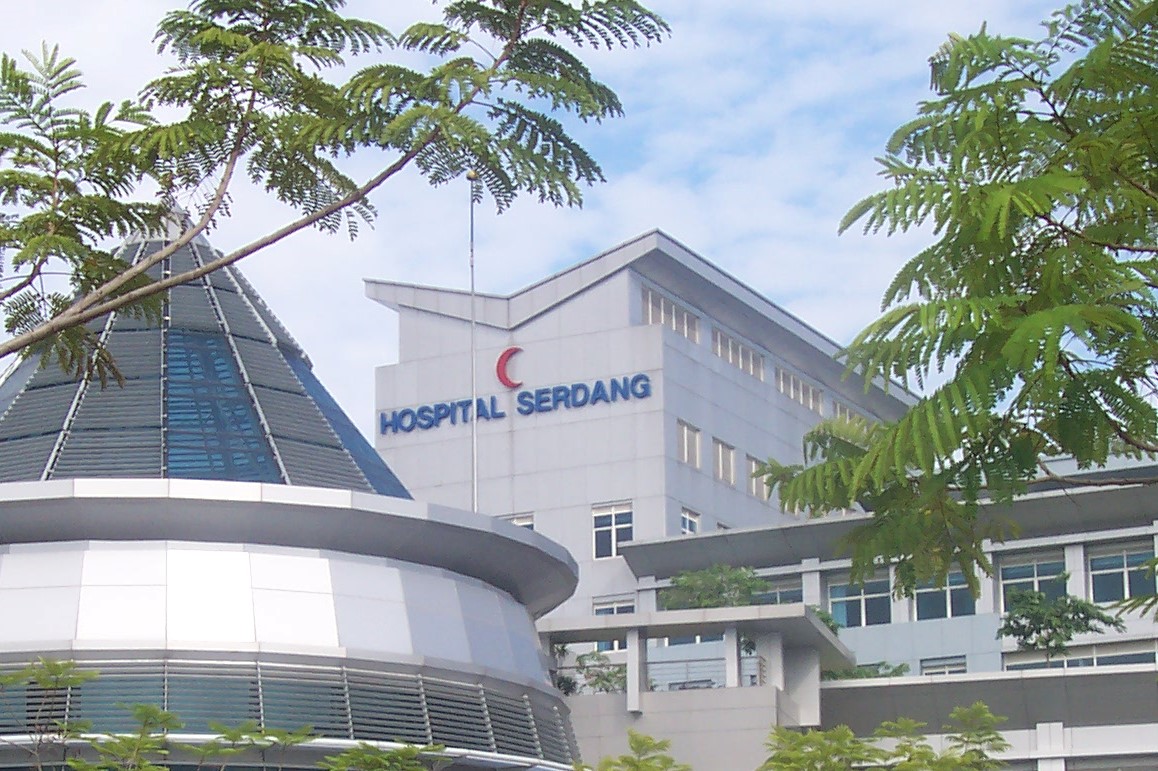KUALA LUMPUR, Feb 1 – The Ministry of Health (MOH) has refused to confirm that a 64-year-old heart attack patient waited nearly 30 hours for admission in Serdang Hospital before his subsequent death in the cardiology ward.
Samuel Manokaran recently tweeted that his father was brought in to Serdang Hospital at 4.30am last January 26 for a heart attack, but was admitted into a ward only after waiting in the emergency department for nearly 30 hours.
“It is a room of 4 beds. My father was squeezed in as patient number 5,” Samuel tweeted last January 27.
Yesterday, he tweeted that his father had died the night prior, accusing Serdang Hospital medical staff of negligence.
Selangor state health director Dr Sha’ari Ngadiman’s statement today on the case of Samuel’s father was titled “Response to the issue of delay in ward admission and alleged patient negligence in Serdang Hospital”.
Yet, Dr Sha’ari’s statement did not verify if Samuel’s late father had waited 30 hours for a bed as alleged, simply saying that the patient was placed in the emergency department “under monitoring by the cardiology department until his transfer to the cardiology ward following a bed vacancy”.
The Selangor state health department also did not confirm if Serdang Hospital, an MOH facility in Selangor, had created an extra bed for Samuel’s late father in the ward, exceeding the designated number of beds.
“In general, the emergency department and cardiology department of Serdang Hospital did the best they could, despite facing an extremely high number of patients who come to seek treatment at Serdang Hospital,” Dr Sha’ari said.
“Serdang Hospital remains committed to providing the best health care service. Hospital management will conduct a family conference with the next-of-kin for further discussions on the case of the deceased.”
The Selangor state health department explained that Samuel’s father was scheduled for a procedure for heart disease, but his health condition did not permit him to undergo the procedure. On the same day, the patient’s condition deteriorated in the ward during treatment before subsequently dying.
“The cardiology team tried to save the patient with resuscitation, but he could not be saved,” Dr Sha’ari said.
The death of Samuel’s father occurred even after Serdang Hospital, a major specialist public hospital, opened a new cardiac centre last December that then-Health Minister Khairy Jamaluddin had touted as a national tertiary referral centre for heart treatment.
Multiple government doctors previously complained on Twitter that it is pointless opening up new hospitals amid severe shortages of doctors and nurses that will only force the diversion of staff from existing understaffed hospitals to these new facilities.
A “disappointed medical frontliner”, in an anonymous letter to The Star last month, claimed that the new Cyberjaya Hospital is “not even running at 20 per cent capacity because it is severely understaffed”.
CodeBlue previously reported that critically ill patients, including those on ventilator support, are waiting up to six days in the emergency department of Raja Permaisuri Bainun Hospital in Ipoh, Perak, for ward admission, due to insufficient beds and staff.
In a CodeBlue survey held last month among 1,652 government health care workers – predominantly MOH staff – 95 per cent believe that the public health care system is currently in crisis, while a whopping 73 per cent are currently thinking of quitting their job in the government health service.
The majority of respondents – across doctors of varying seniority, pharmacists, dentists, nurses, medical assistants, and other allied health care workers – complained of being overworked, underpaid, burnout, and insecurity about their career progression. More than eight in 10 feel that the government isn’t serious in addressing issues in the public health care system.








